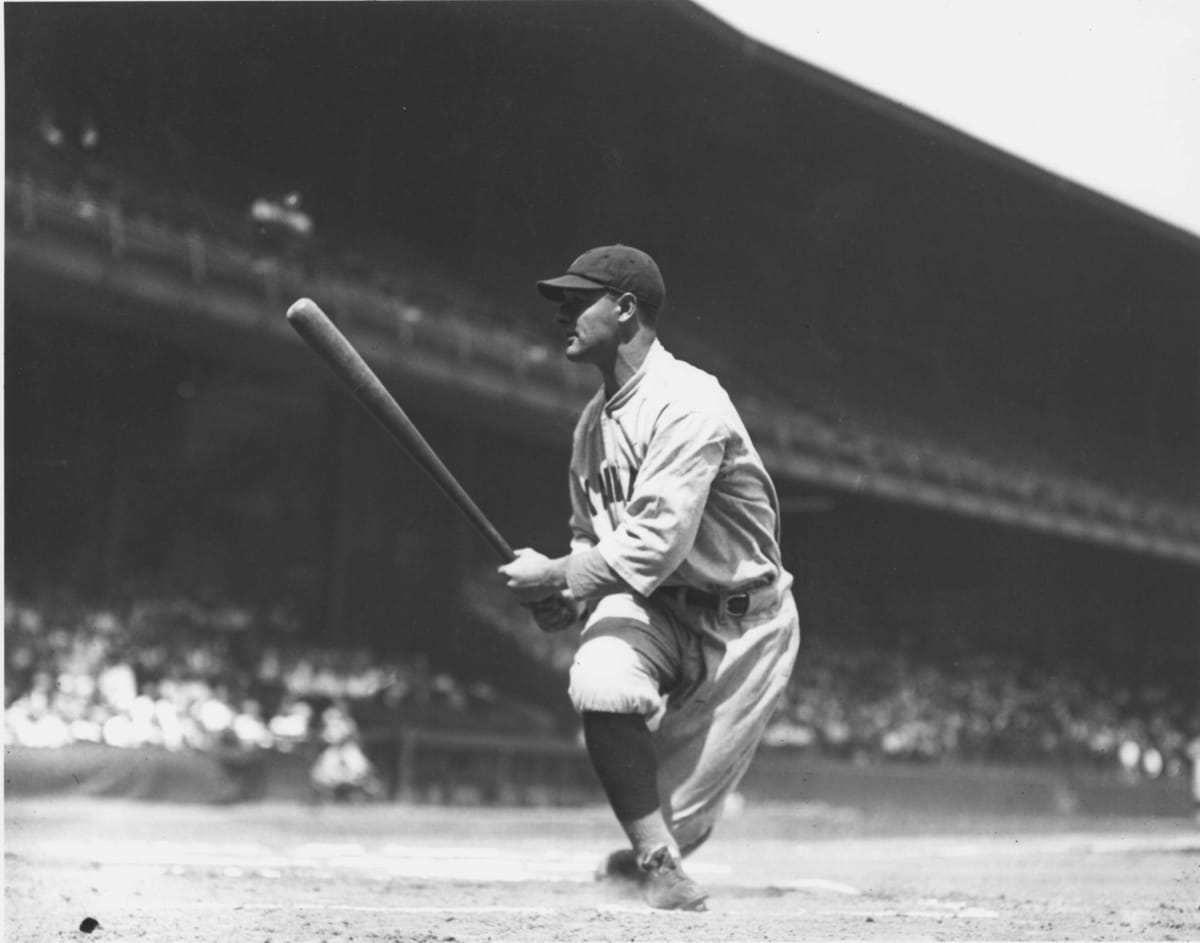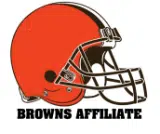The Iron Horse played for 17 seasons before announcing his retirement.
One of baseball’s greatest streaks came to an end when Lou Gehrig played his final game on April 30, 1939.
While battling a slump and deteriorating health, Gehrig took the field that day to play his 2,130th consecutive major league game. He batted fifth in the lineup but went hitless in the Yankees’ 3–2 loss to the Washington Senators.
New York was off the following day to travel to Detroit. Before the team suited up for its series opener on May 2, Gehrig talked with manager Joe McCarthy at the Book-Cadillac Hotel and asked to be benched.
Gehrig’s numbers had started to decline in the 1938 season, which he finished hitting .295 with 29 home runs and 114 RBIs. Although the stats were low for him, they certainly weren’t terrible. Through the first eight games of the 1939 campaign, though, Gehrig had four hits in 28 at-bats and a .143 batting average.
Yankees fans were troubled by Gehrig’s start to the season, but they were about to receive even worse news that summer. Gehrig’s wife Eleanor reached out to the Mayo Clinic in Rochester, Minn., due to her concerns over his health. After six days of tests, doctors found Gehrig had amyotrophic lateral sclerosis. The Mayo Clinic’s website describes ALS, which is now commonly referred to as Lou Gehrig’s disease, as a progressive nervous system disease that affects nerve cells in the brain and spinal cord, causing loss of muscle control. There is still no cure for the disease.
The Yankees announced The Iron Horse’s retirement on June 21, 1939, and held Lou Gehrig Appreciation Day on July 4. In front of a sold-out crowd, Gehrig delivered his famous “Luckiest Man” speech that day at Yankee Stadium. He died on June 2, 1941, at the age of 37.
Cal Ripken Jr. passed Gehrig’s record as baseball’s all-time iron man when he played in his 2,131st consecutive game on Sept. 6, 1995. Ripken decided to end his streak–2,632 games–three years later when he sat out of a game at Camden Yards.



















